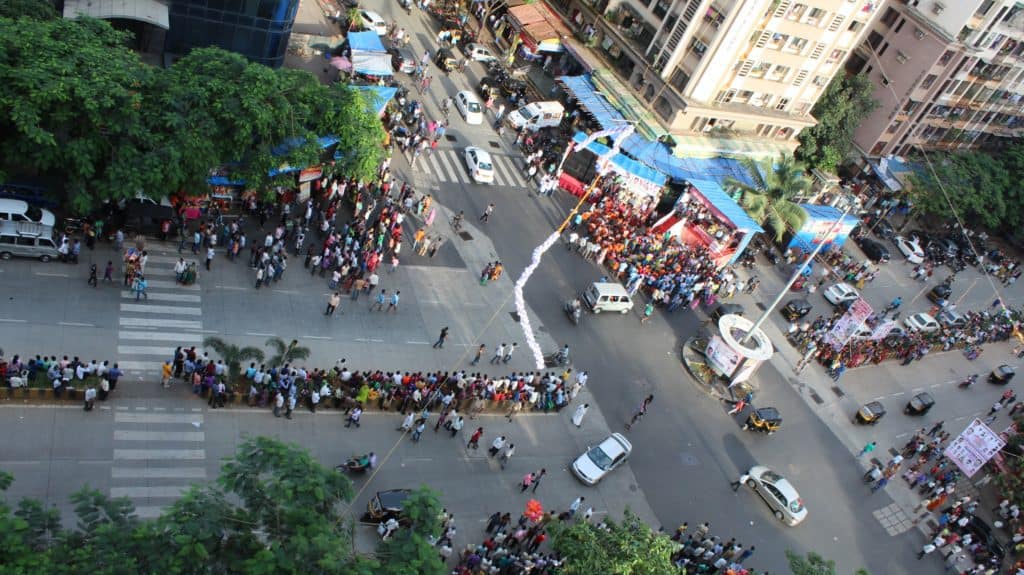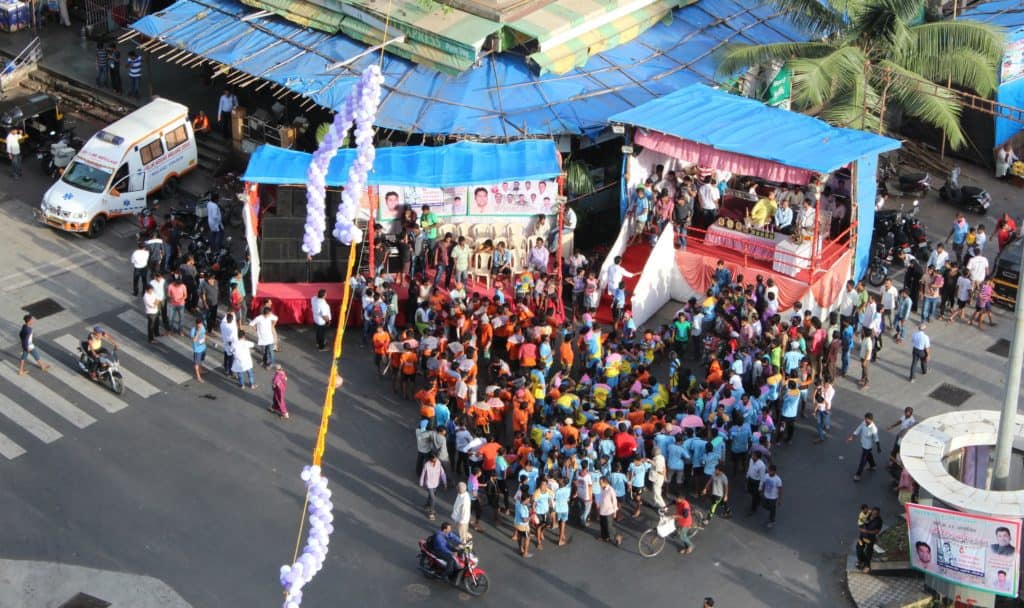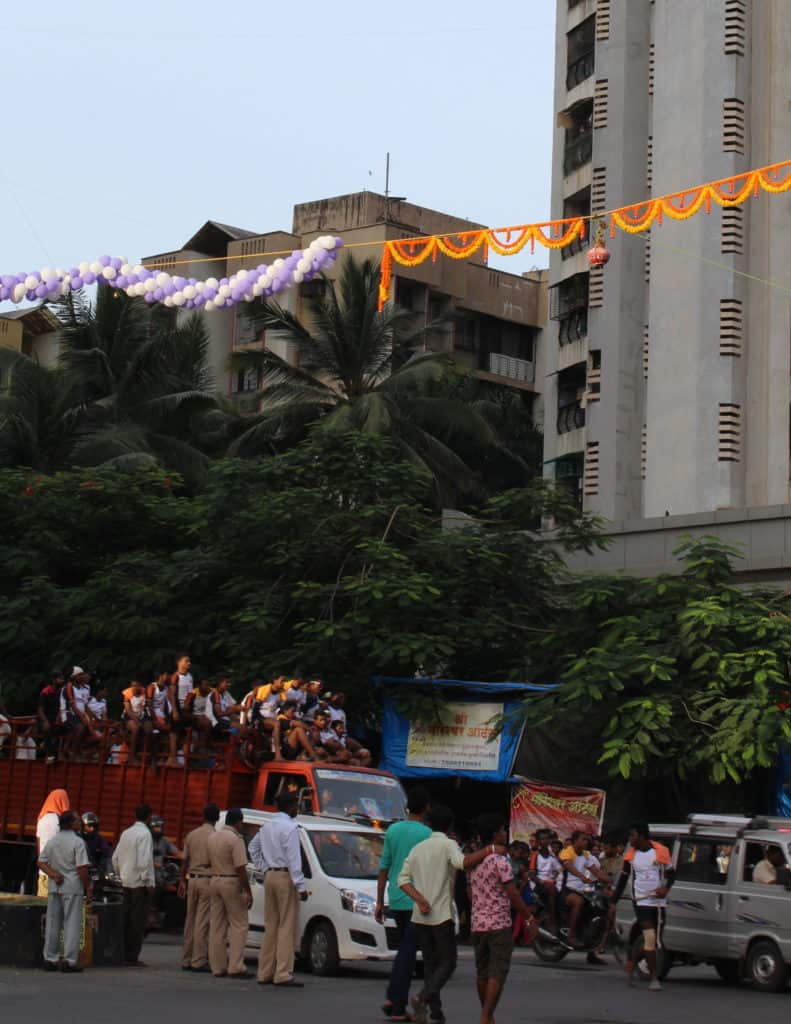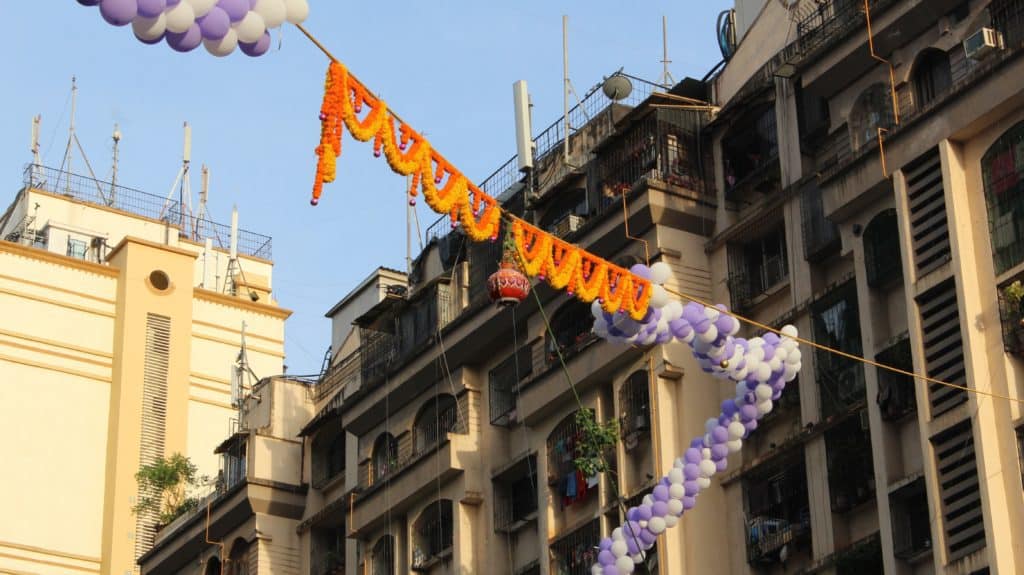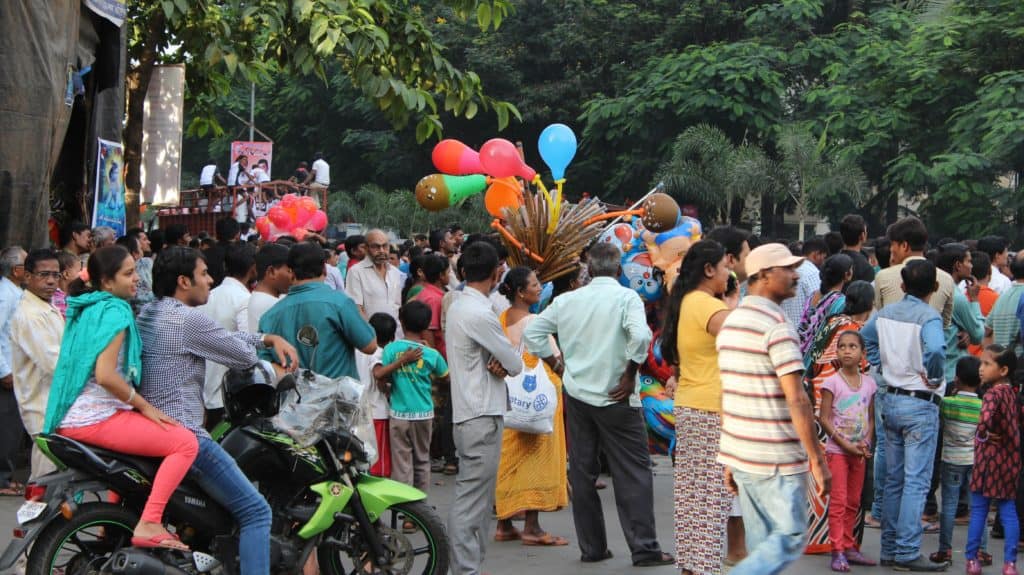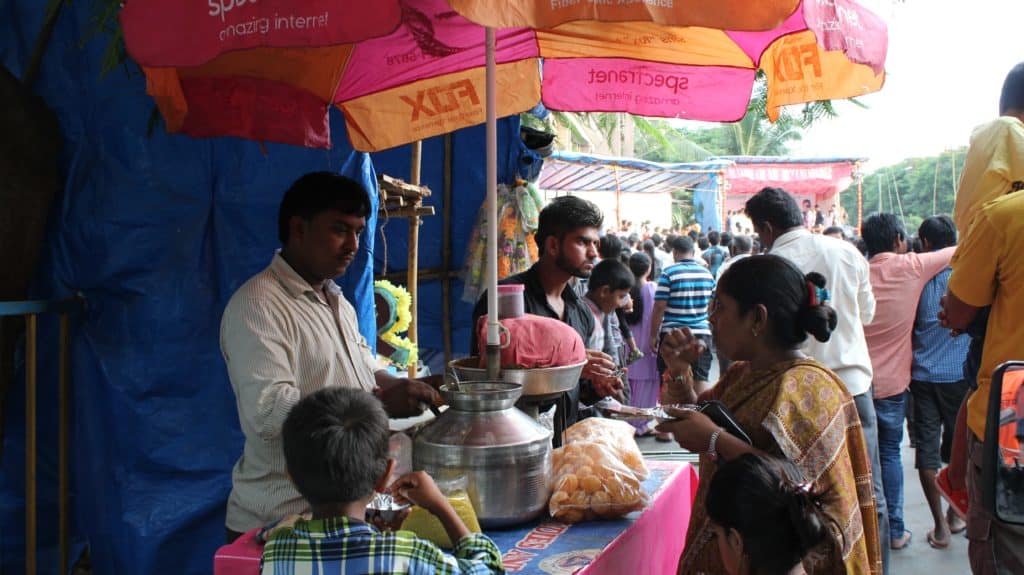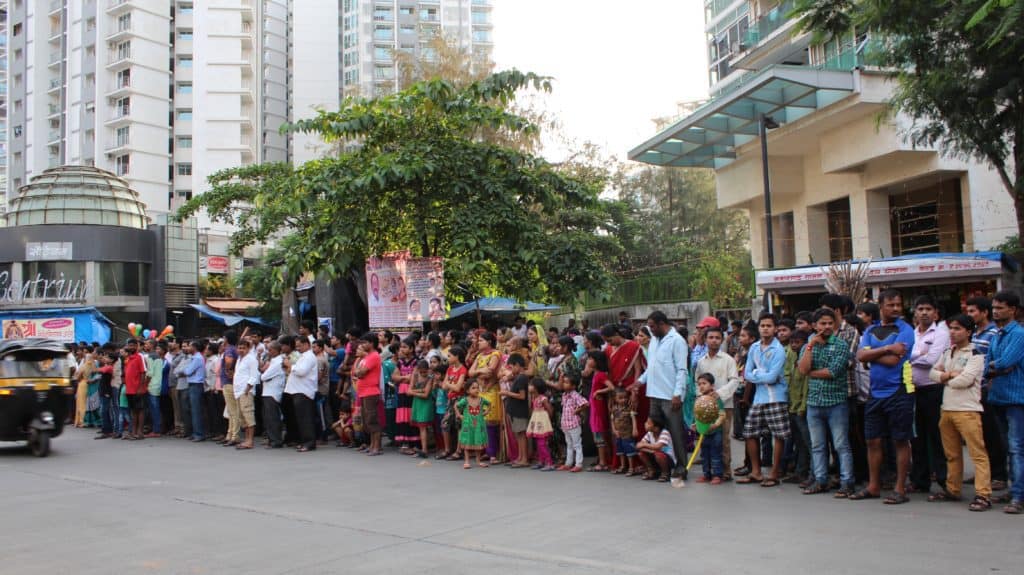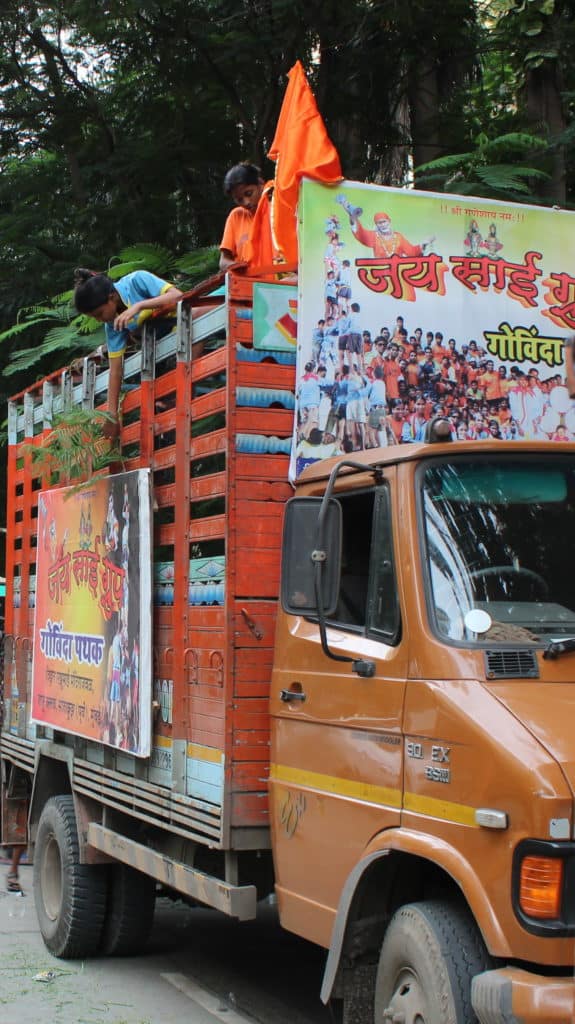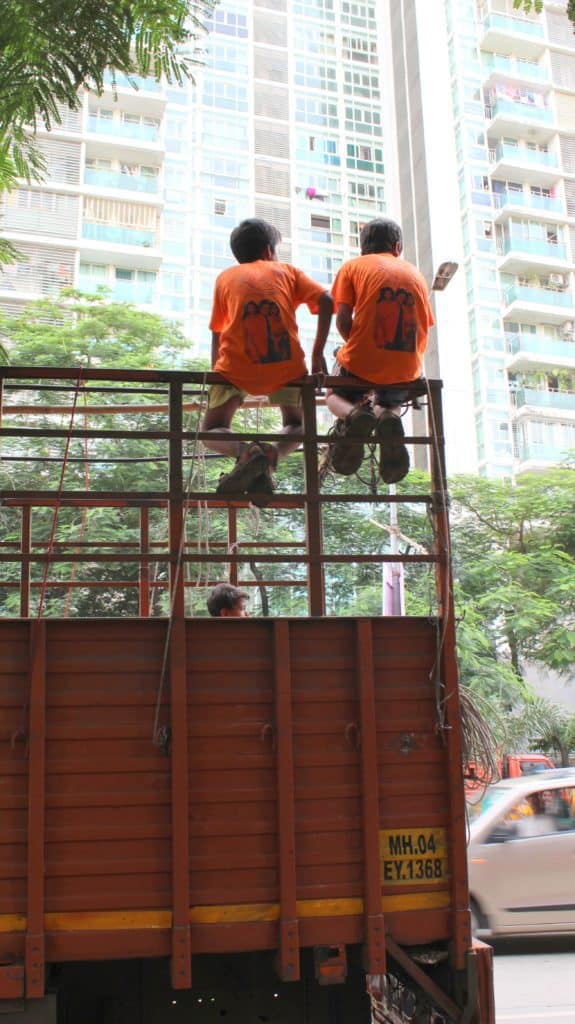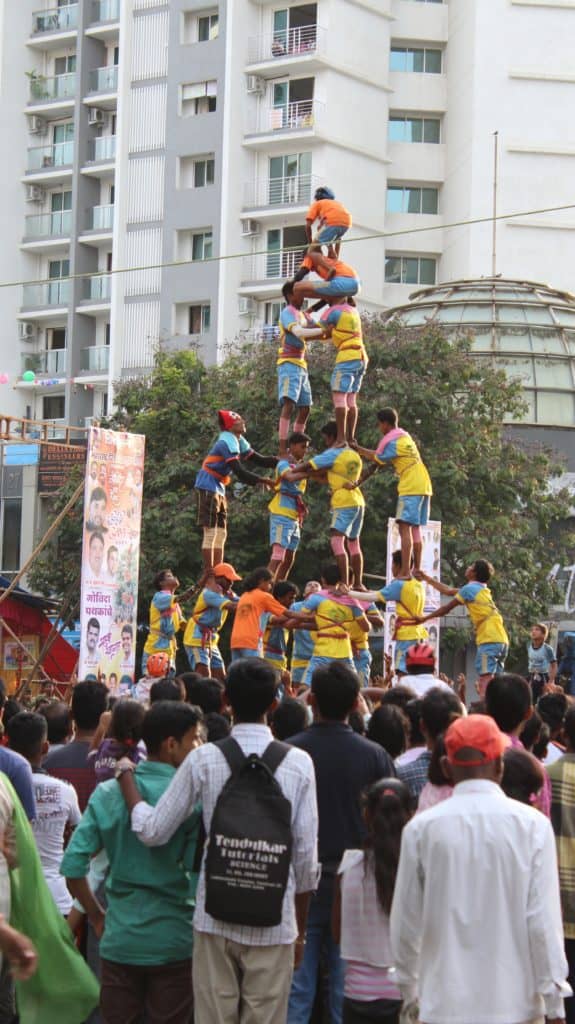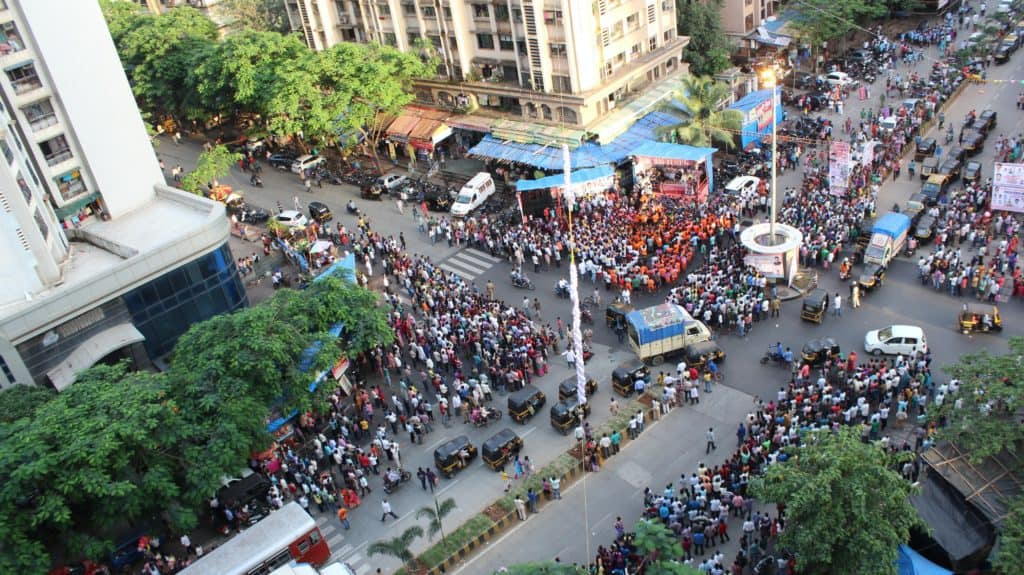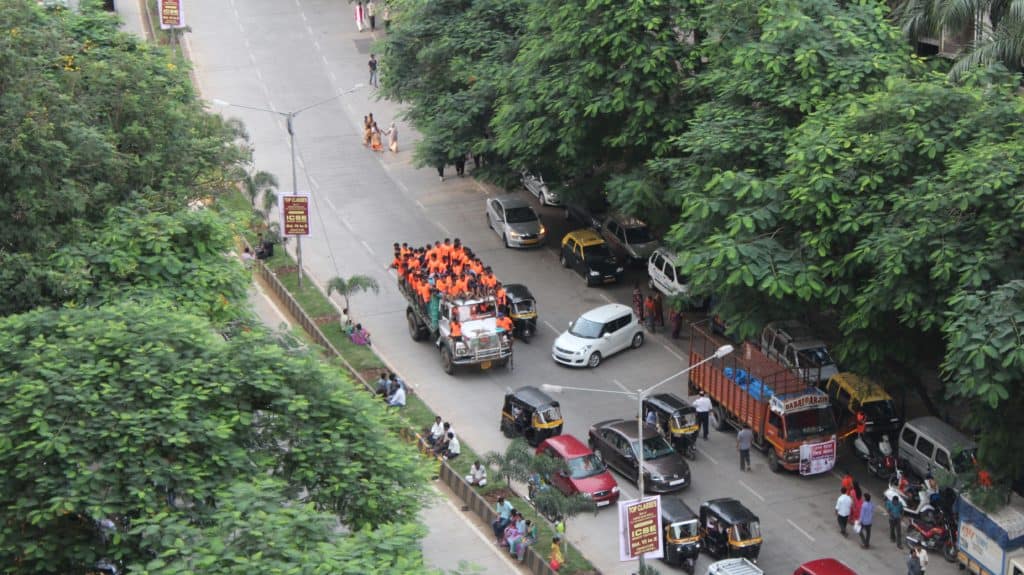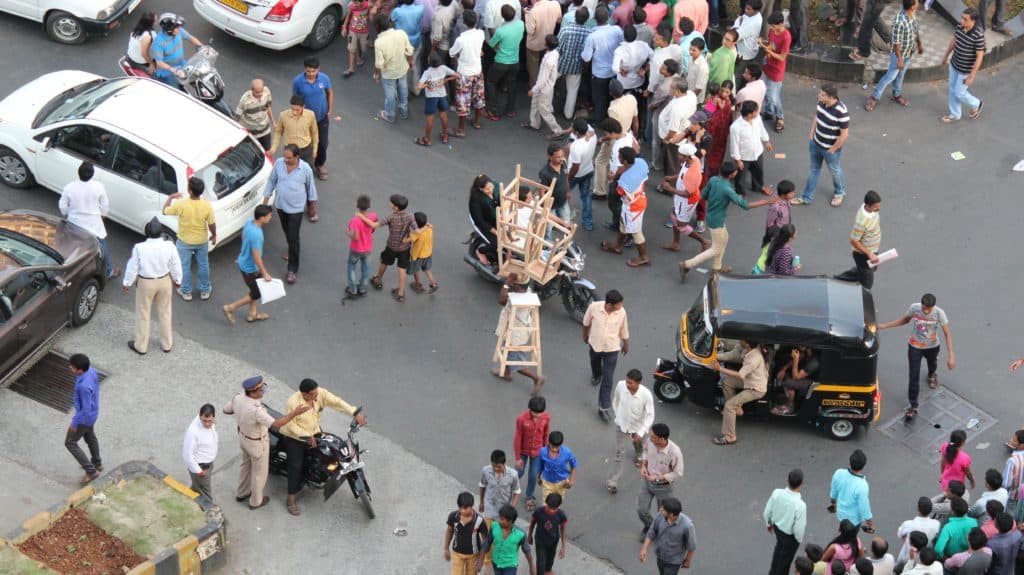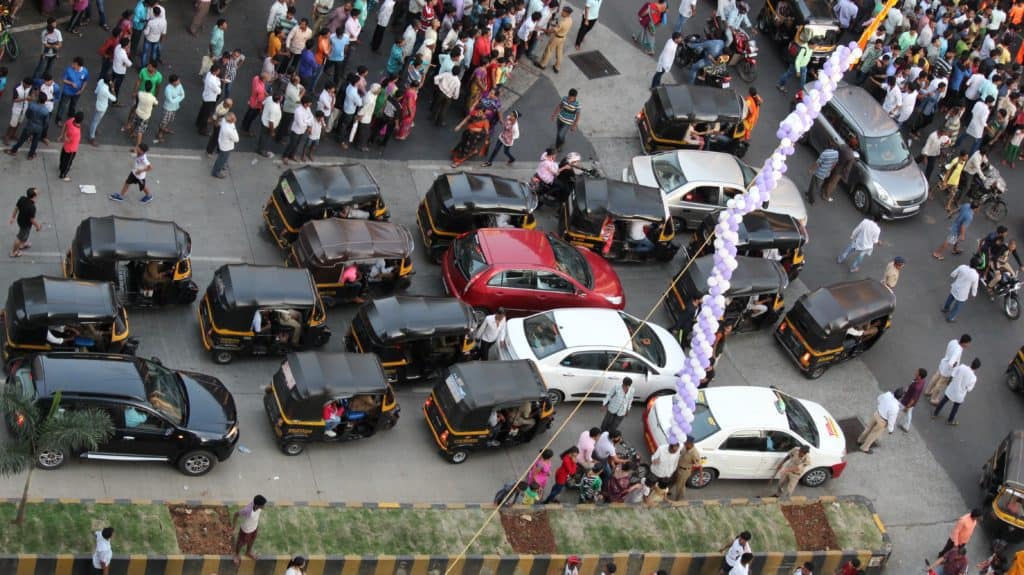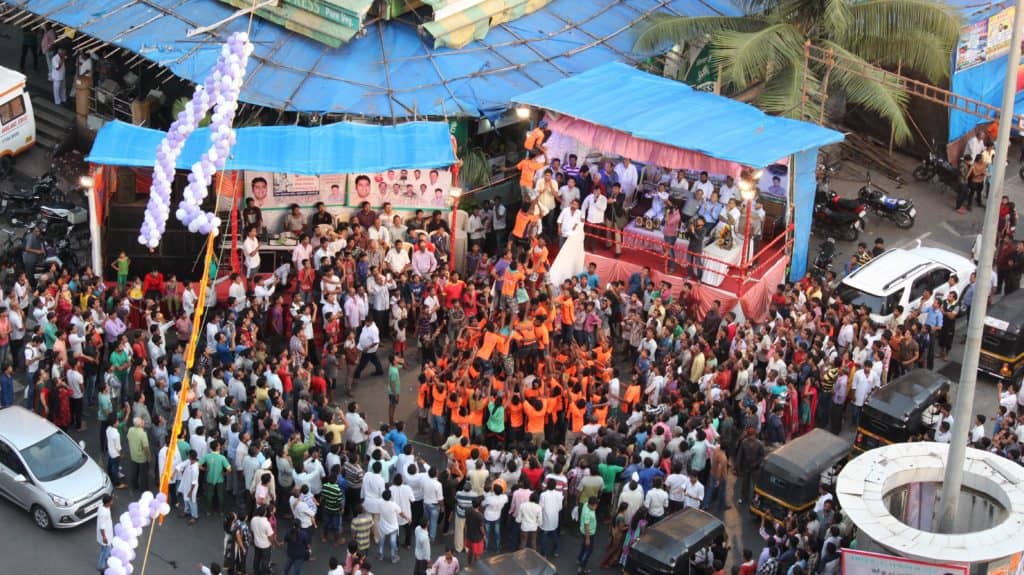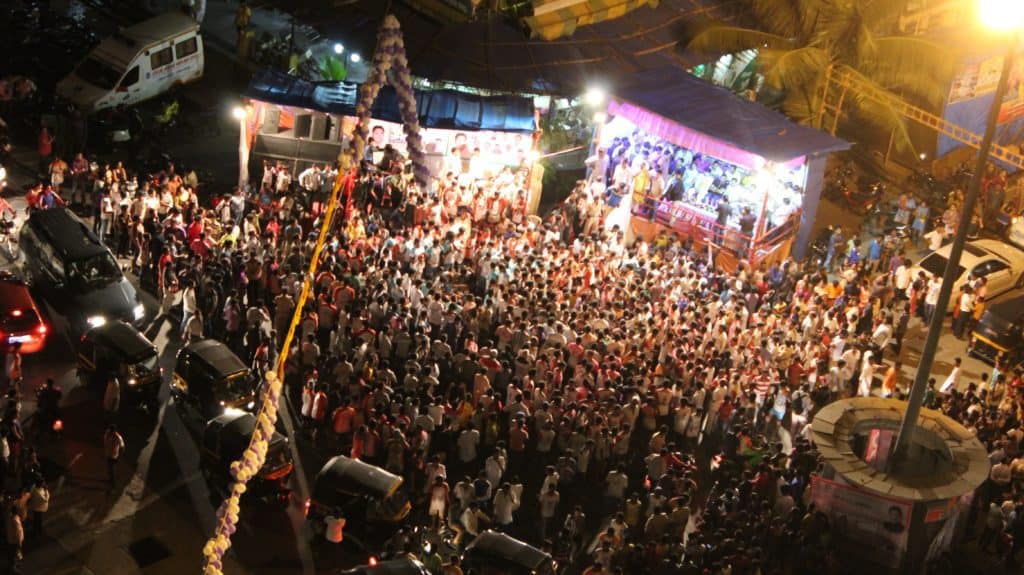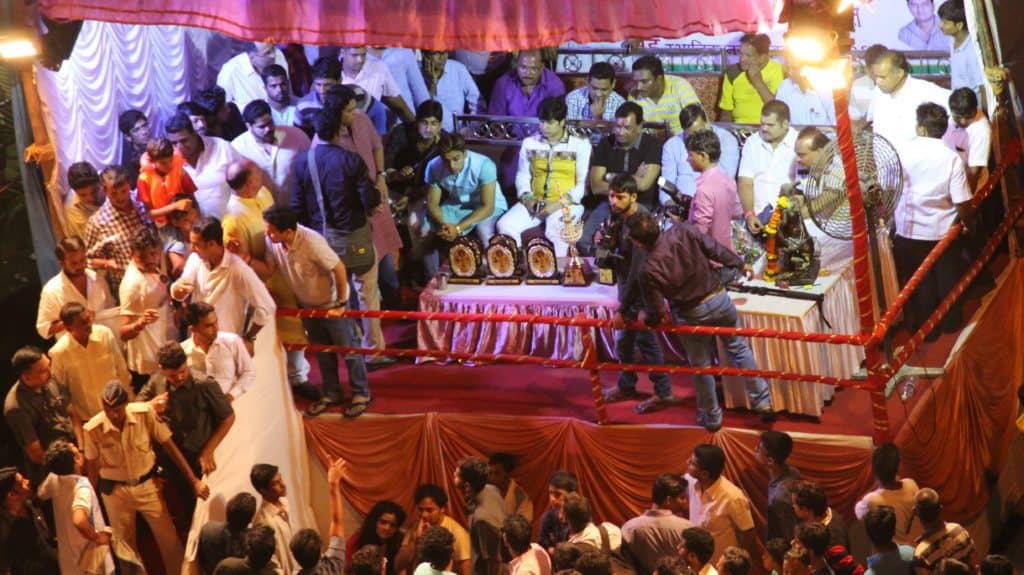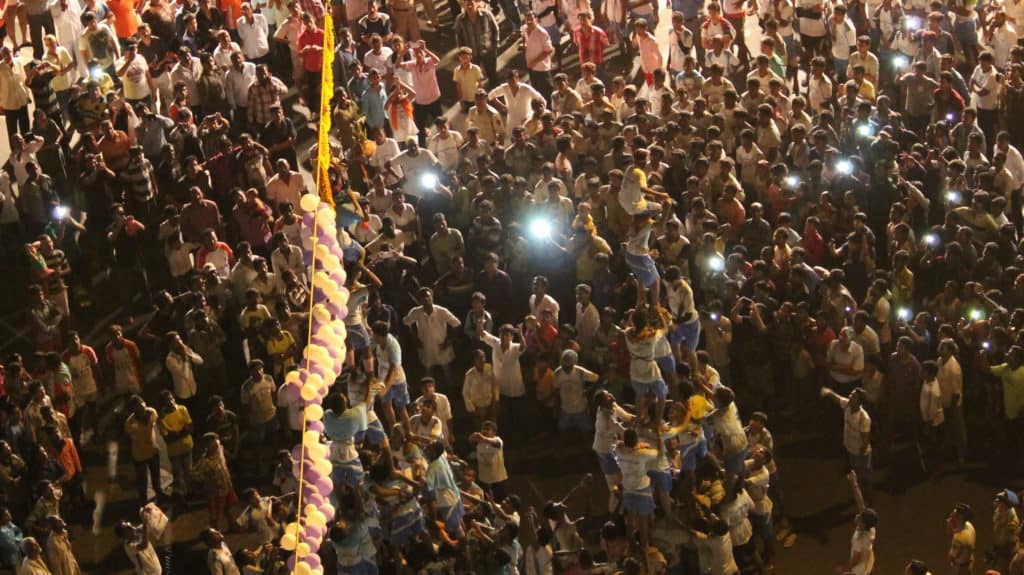Yesterday was Janmashtami, a day when residents of Mumbai pour out on the streets to cheer Lord Krishna on his birthday. They dance jubilantly in groups, eat snacks with neighbours and most importantly, compete to break the Dahi Handi. Or the earthen pot filled with curd, young Krishna’s favourite.
Sadly though, everything mentioned above is impossible to do this year. Crowds are at the top of ‘what’s prohibited due to COVID-19’ list.
Let the pandemic not dampen your spirits, we bring you some photos from 2015, which showcase all the fun and joyous celebrations of Dahi Handi.
This is what Lokhandwala Township of Kandivali East would perhaps have looked like.
